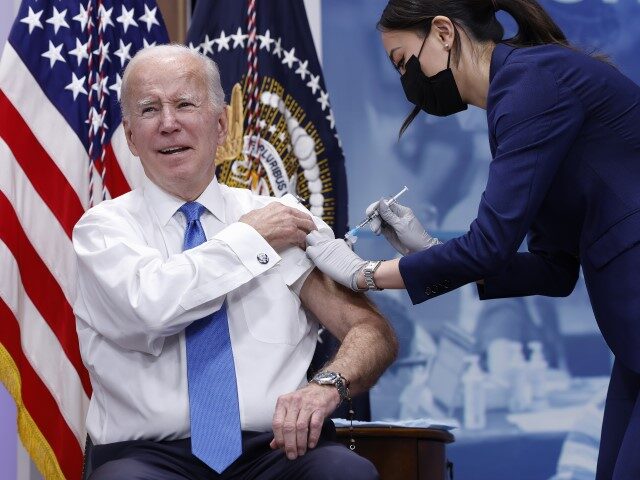
Important Takeaways:
- The World Health Organization said Friday it has granted its first authorization for use of a vaccine against mpox in adults, calling it an important step toward fighting the disease in Africa.
- The approval of the vaccine made by Bavarian Nordic A/S means that donors like vaccines alliance Gavi and UNICEF can buy it. But supplies are limited because there’s only a single manufacturer.
- WHO also said it was creating an “access and allocation mechanism” to try to fairly distribute mpox tests, treatments and vaccines to the countries who need them most.
- WHO said that while it was not recommending the vaccine for those under 18, the shot may be used in infants, children and adolescents “in outbreak settings where the benefits of vaccination outweigh the potential risks.”
- The mpox vaccine made by Bavarian Nordic was previously authorized by numerous rich countries across Europe and North America during the global mpox outbreak in 2022. Millions of doses given to adults showed the vaccine helped slow the virus’ spread, but there is limited evidence of how it works in children.
- Officials at the Africa Center for Disease Control and Prevention said last month that nearly 70% of cases in Congo — the country hardest hit by mpox — are in children younger than 15, who also accounted for 85% of deaths.
- Overall, WHO said over 120 countries have confirmed more than 103,000 cases of mpox since the outbreak began two years ago. Its latest tally, as of Sunday, showed that 723 people in more than a dozen countries in Africa have died of the disease.
Read the original article by clicking here.











